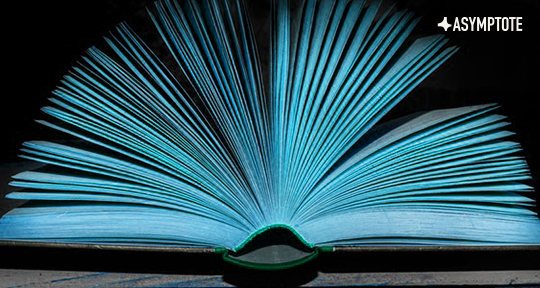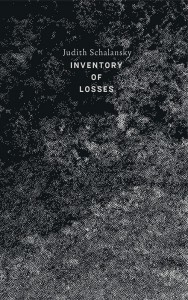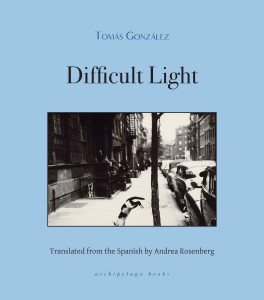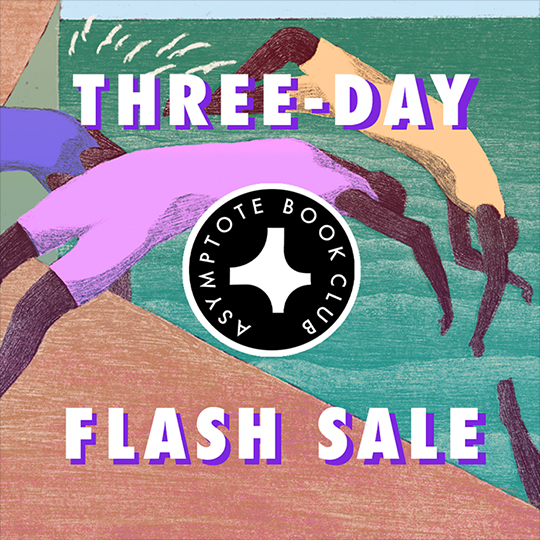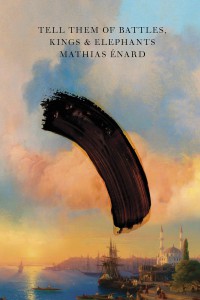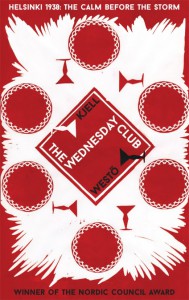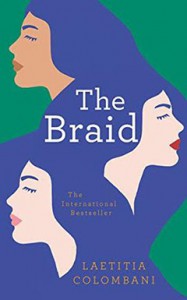This week, our writers bring you the latest news of international book prizes and cultural events. In Thailand, Peera Songkünnatham sheds light on the highest-nominated titles in the “Books You Should Read” festival, while in Hong Kong, Charlie Ng introduces us to a recent article celebrating Hong Kong writer Liu Yichang. Read on to find out more!
Peera Songkünnatham, Editor-at-Large, reporting from Thailand
For three years now, the annual book recommendation festival ความน่าจะอ่าน (Books You Should Read) has pooled Top 3 nominations from a cross-section of editors and readers in the Thai publishing industry. With fifty to sixty participants each year, this “mass” nomination system organized by the media website the101.world has helped spotlight a wide range of noteworthy books that would otherwise not be in the running for awards that only consider works not in translation or that judge in narrow categories (Thailand’s S.E.A. Write Award, for example, rotates between novel, short story, and poetry in three-year cycles).
The highest-nominated book has consistently been a creative account of political oppression in the country. A book that, in other words, combines urgency with craft. This year’s number one “Top Highlight,” with eight nominations, is ในแดนวิปลาส (In the Land of Madness), the book I also blogged about earlier last month. 2020’s top title was ตาสว่าง (Il Re di Bangkok), an Italian graphic novel grounded in ethnographic research whose English translation is forthcoming this December. And 2018-2019’s winner was มันทำร้ายเราได้แค่นี้แหละ (All They Could Do to Us), a lèse-majesté prison memoir hailed by many readers as Thailand’s Orange is the New Black—this rather clichéd comparison may now have more substance after the book gained praise from a high-profile showbiz executive. All these come from very, very small publishers who did not expect the widespread critical and commercial success. That this kind of dark-horse candidate appears to be obvious “winning material” now is a testament to how “Books You Should Read” has influenced public perception of literary noteworthiness. READ MORE…





